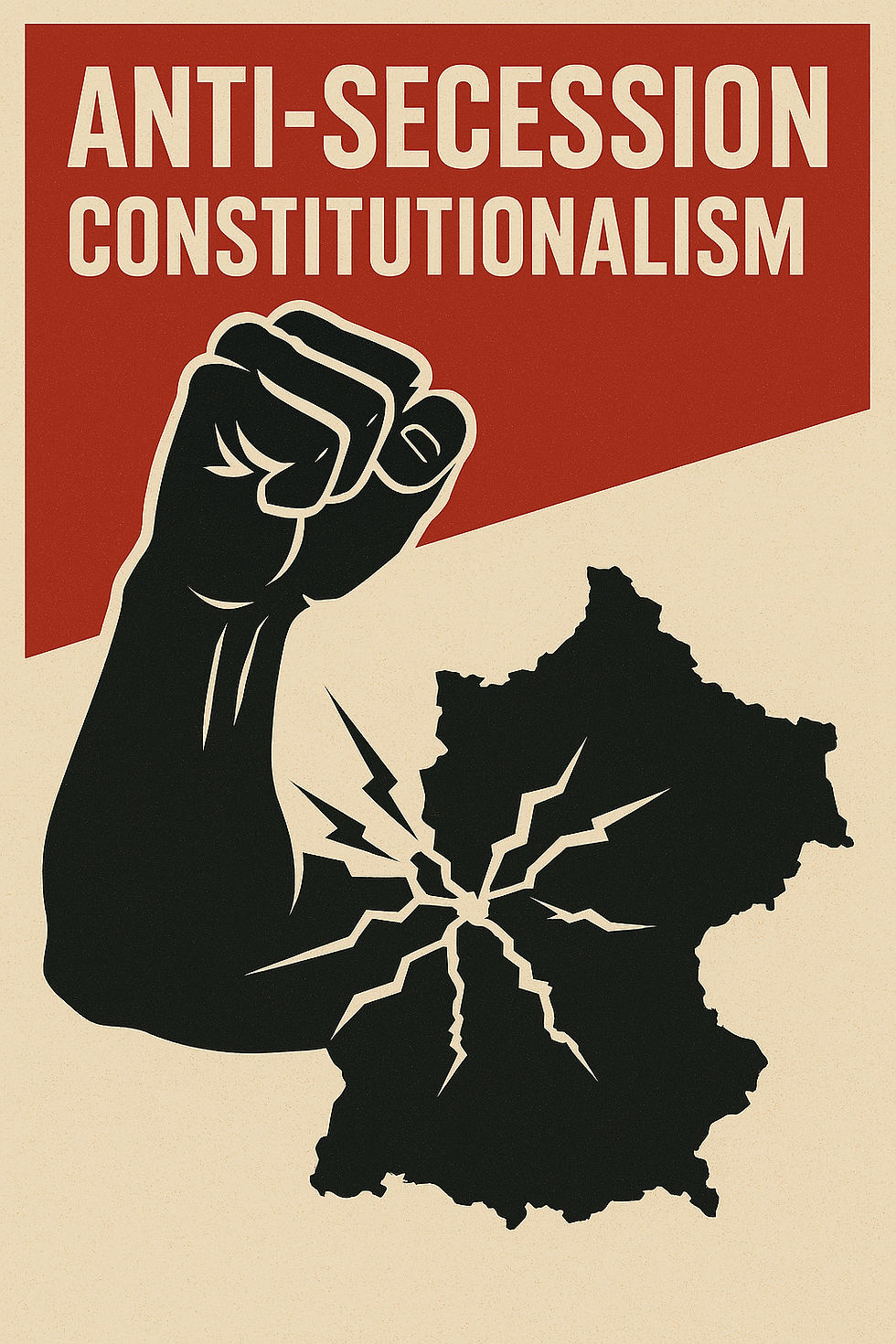On the Nexus of Eternity Clauses, Proportional Representation, and Banned Political Parties
- Prof. Rivka Weill

- May 17, 2017
- 1 min read
Updated: Apr 30
Constitutional democracies do not usually tie their choice of proportional election with the need to counterbalance this choice by adopting either bans on extremist political parties or the “unconstitutional constitutional amendment” doctrine. Nor do scholars offer countries a “menu” from which they may choose between majoritarian election systems or a system combining proportional representation with either bans on extremist political parties or absolutely entrenched values. This article argues that such a nexus exists empirically and may be justified normatively. This article also argues that when a country has one of the mechanisms — either a ban on extremist political parties or an eternity clause — it may legitimately infer the implicit existence of the other, as both are complementary and intended to protect the same constitutional values. The article explains the benefits that may arise from treating the two tools as mirror images of one another. While it may be easy to criticize countries for using militant democratic tools, majoritarian democratic countries should examine the implications of their own election methods. Some may be surprised to discover that they too compromise democratic ideals to sustain long-term democratic ends.
Suggested citation:
On the Nexus of Eternity Clauses, Proportional Representation and Banned Political Parties, 16 Election Law Journal 237, 237-246 (2017).



Comments